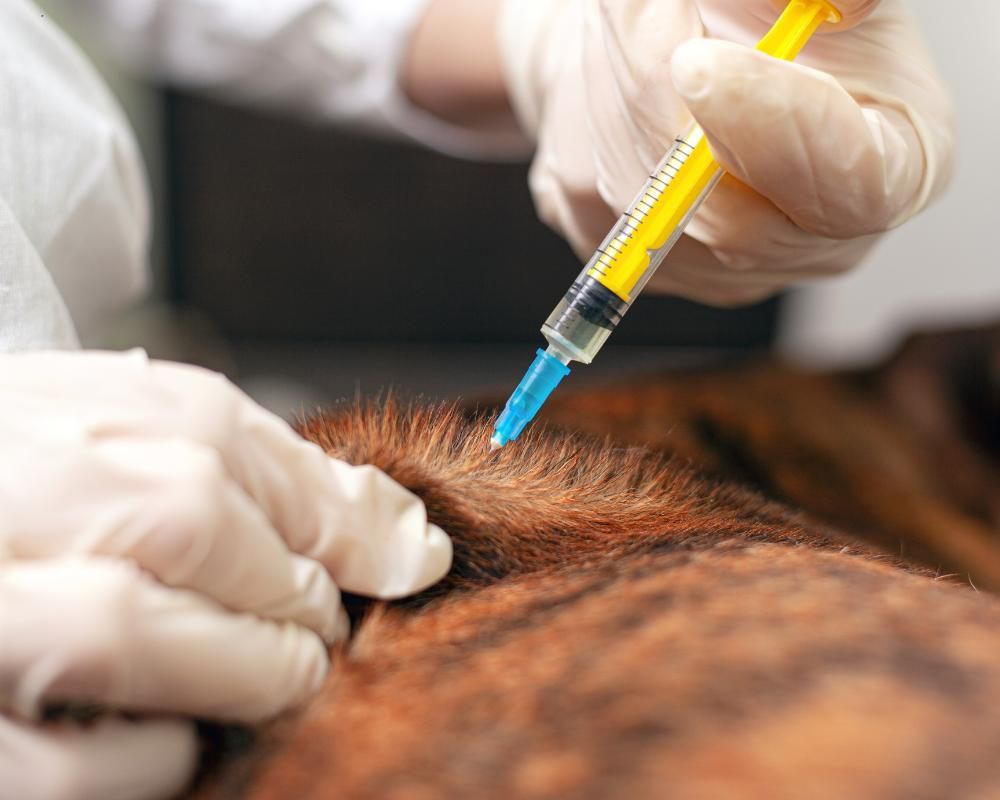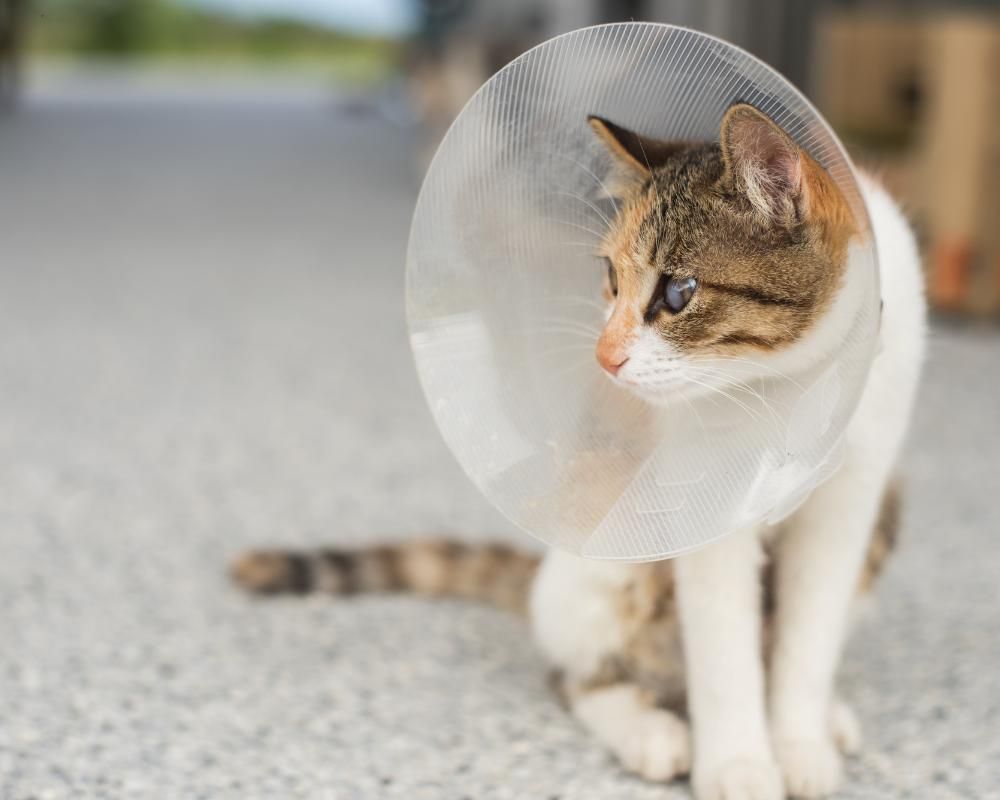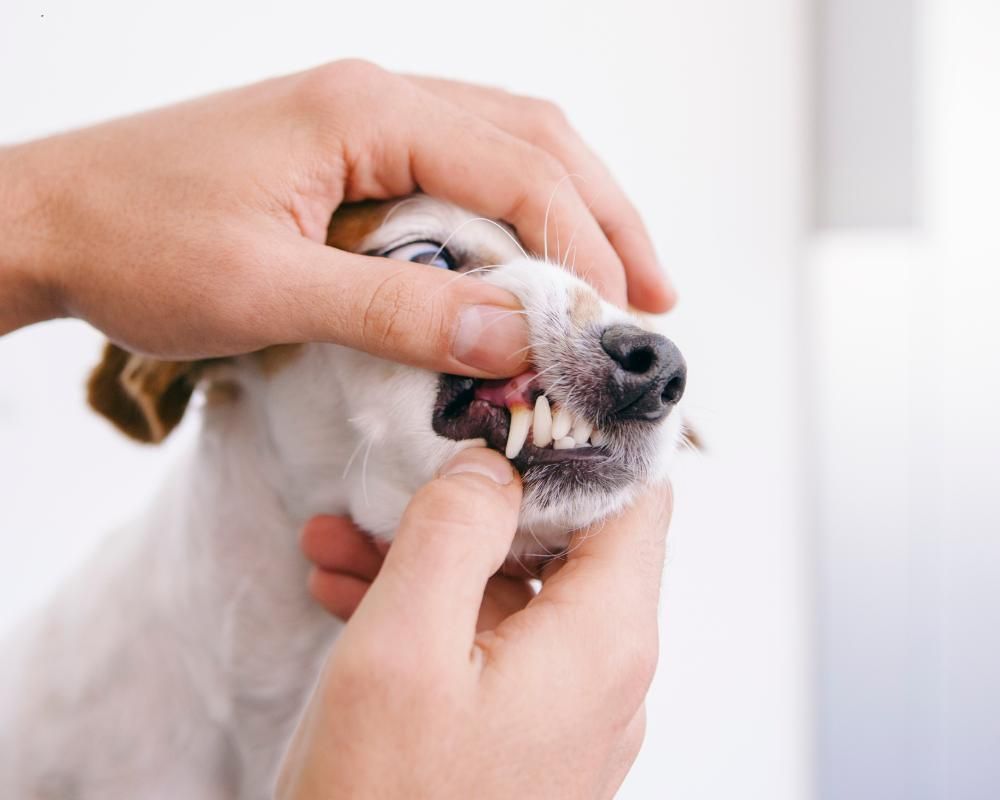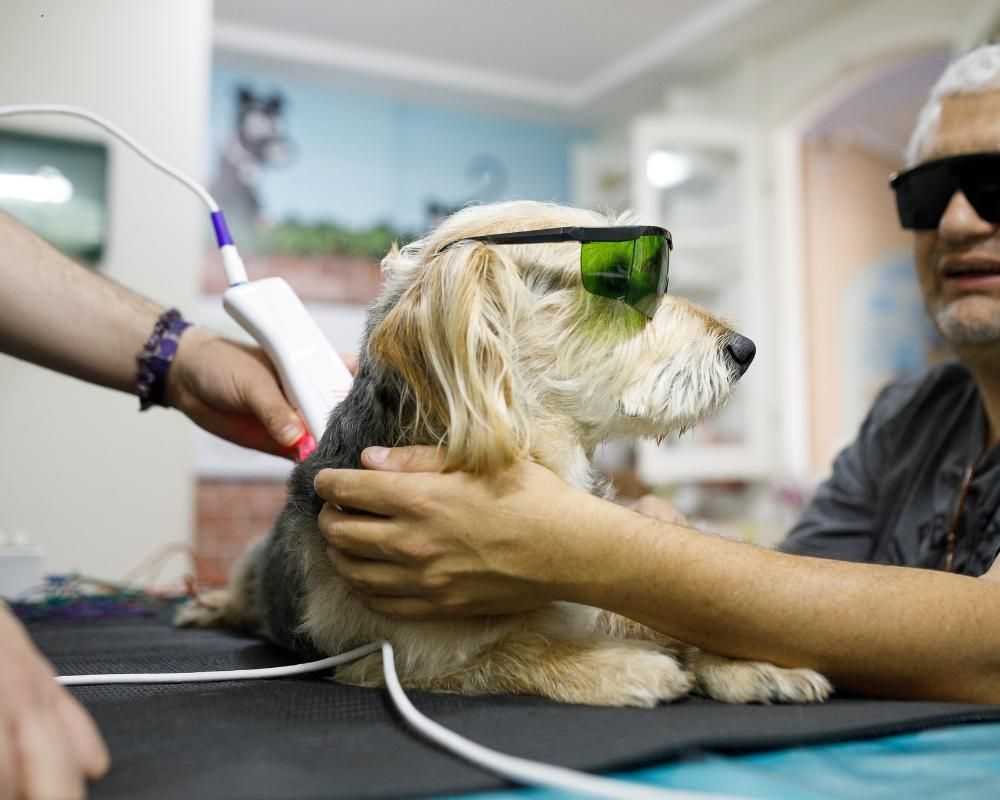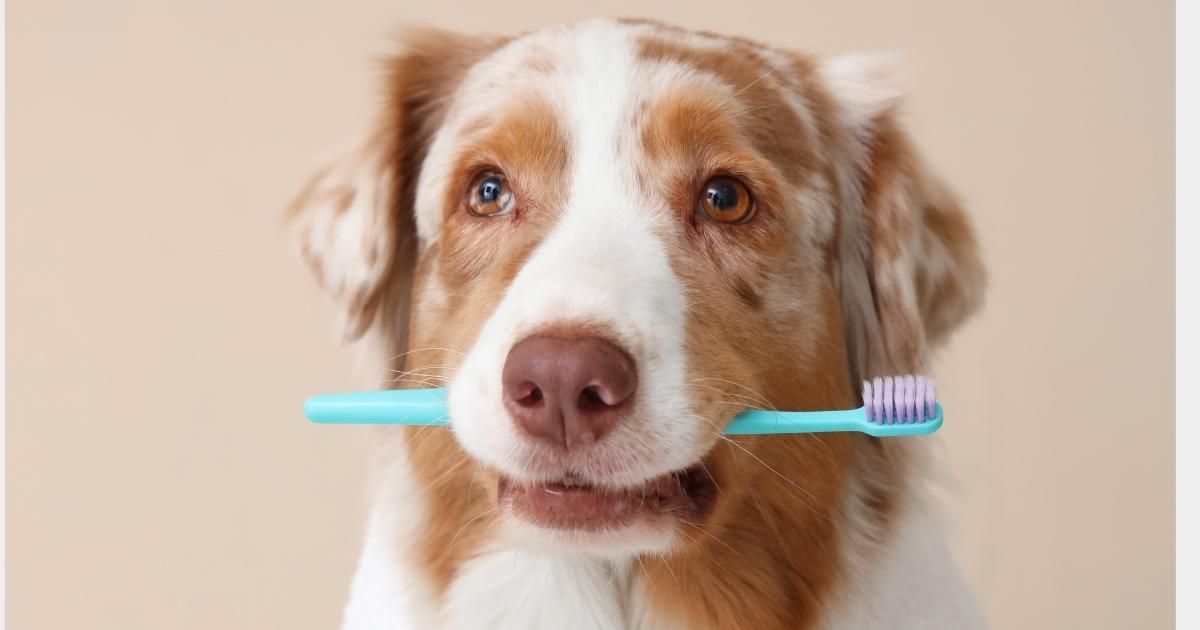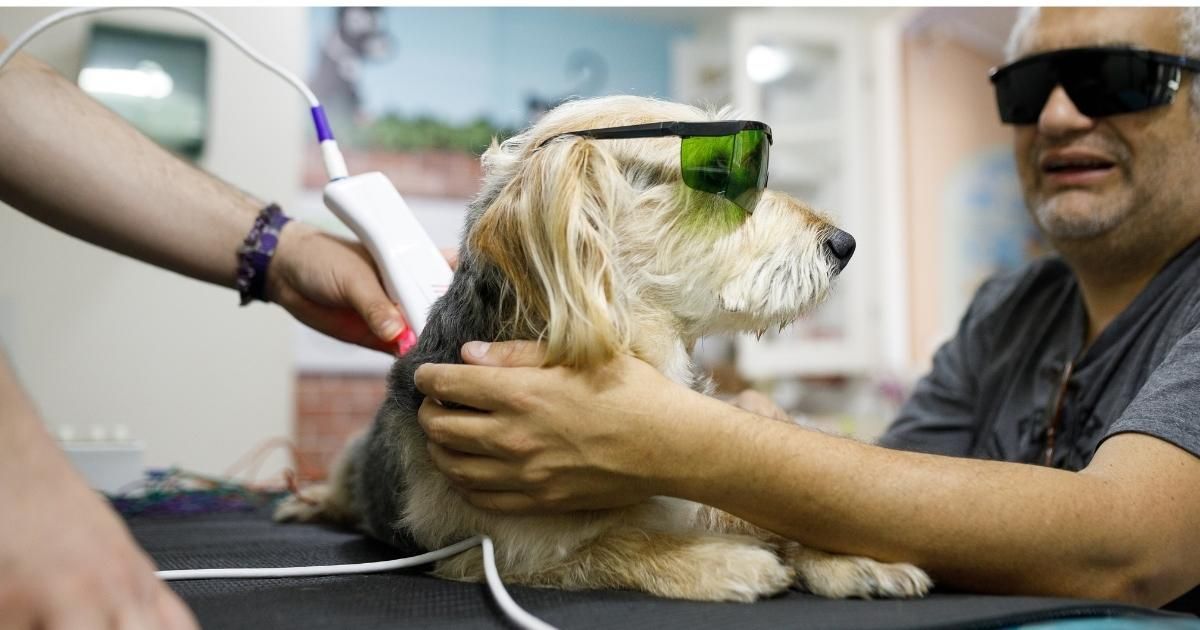What is Cat Spaying? A Guide For Pet Owners
When it comes to cat care, one of the most common decision involves whether you should consider cat spaying
for your cat or kitten. There are multiple things to consider and while the idea of surgery may feel scary and even unnecessary, understanding the pros and cons, the surgical process and aftercare can help you make an informed decision that’s best for you and your pet.
In this post, we’ll answer the question what is cat spaying, how it works, what you need to know before and after the procedure, and how the procedure can benefit your pet’s long-term health.
Highlights:
- Best Age for Getting a Cat Fixed
- Is Getting a Cat Spayed Safe?
- Should You Spay an Older Cat?
- Caring for a Cat After Being Spayed
- Pros and Cons of Spaying a Cat
Cat Spaying Is a Safe and Essential Procedure
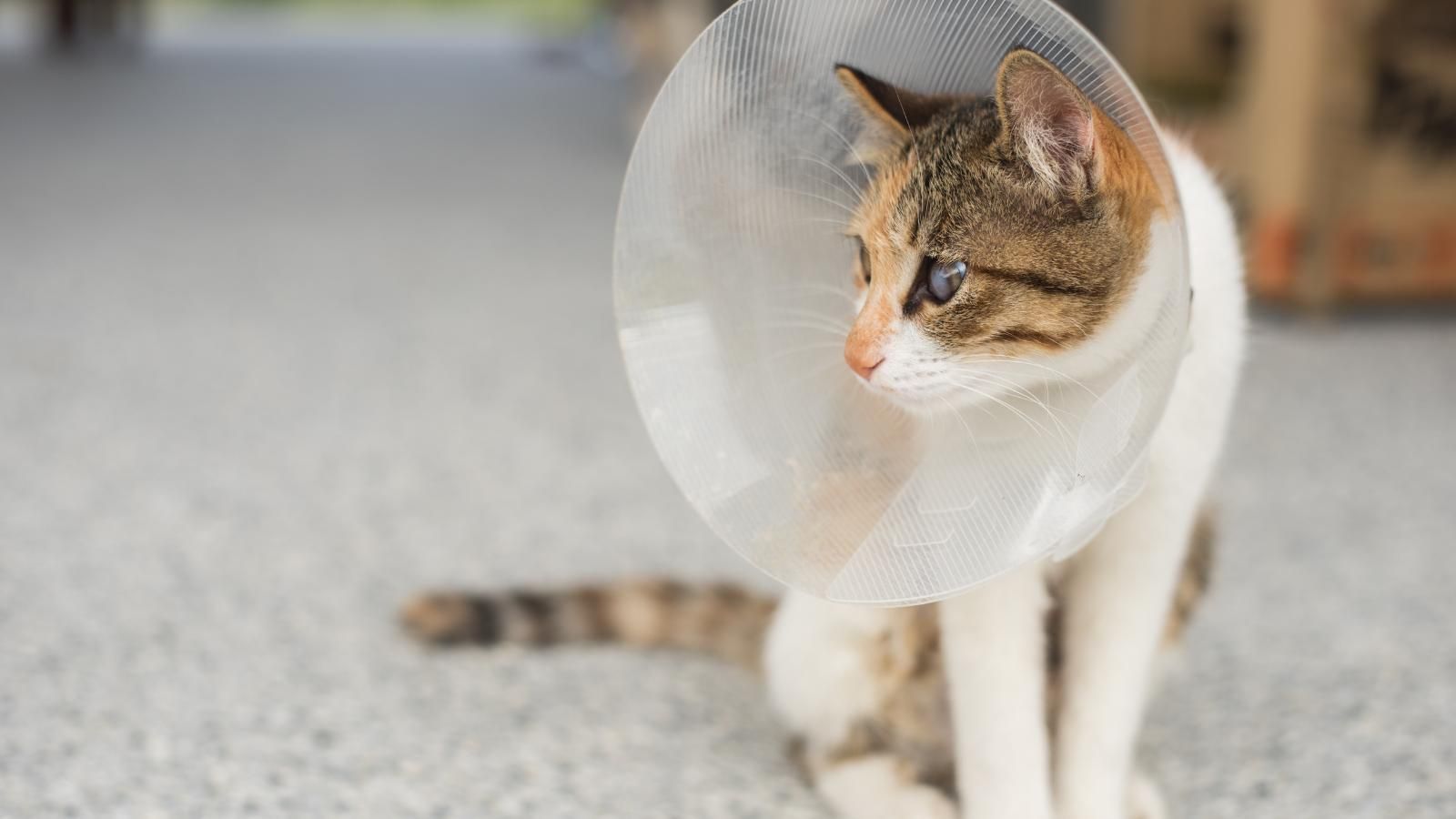
Whether you are an
experienced pet owner or getting a kitten for the first time, you might wonder if getting a cat spayed is safe for your new furry friend. Getting a cat fixed or spayed is a common veterinary surgical procedure with the key purpose of controlling the pet population, but it has other benefits as well. As with most procedures, it’s considered very safe and routine for healthy cats.
While kittens are cute, an overabundance of them leads to risks of abandonment, feral cat population that can spread disease, and overall reduces overpopulation. Getting a cat spayed stops them from being able to have kittens through the removal of the reproductive organs. Additionally, cats that have been spayed see behavioral and health benefits.
Spaying is an essential component of responsible pet care supporting individual health and community welfare.
When Should You Spay a Cat?
Spaying earlier often means a quicker recovery, but adult cats can still be spayed safely. Your veterinarian will evaluate your cat’s health to determine the best approach.
Is Spaying a Cat Safe?
Discuss preparation for surgery with your vet including whether your cat needs pre-op testing or bloodwork and when to start your cat fasting prior to surgery. Additionally, ask your vet how to care for your cat after spaying and signs you may need to seek professional care during your cats recovery.
Can You Spay an Older Cat?
Though older cats may face slightly higher surgical risks, these are manageable with proper screening and care.
How to Care for Your Cat After Spaying
What Are the Pros and Cons of Spaying a Cat?
Pros Of Getting A Cat Spayed:
- Safe, low-risk procedure aimed at improving your cats health
- Prevents pregnancy and overpopulation
- Lowers risk of uterine infections and cancers
- May improve indoor cat behavior such as heat-related vocalization, spraying and property damage caused by heat-related agitation, including antagonization by outside neighborhood and stray cats.
- Reduces risk of pet overpopulation and abandonment.
Potential Cons:
- Minor surgical risks among healthy cats
- Rare complications caused by unknown health defects or other factors.
As with any surgery involving anesthesia, whether human or feline, there are some risks due to health complications, but with proper preparation and quality veterinary care spaying a cat is usually a safe and successful procedure.
The Best Care Is Trusted Care From A Great Veterinary Team
Our experienced staff is dedicated to compassionate, high-quality care—because your cat deserves the best.


